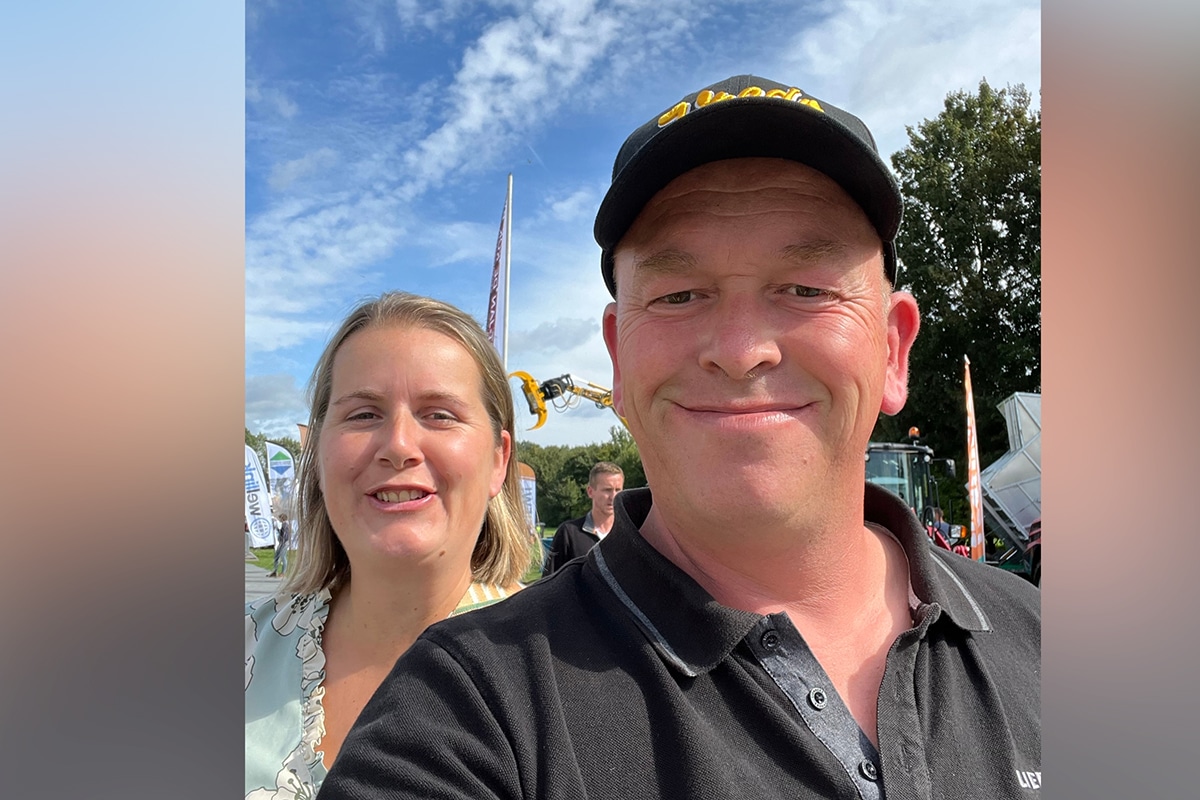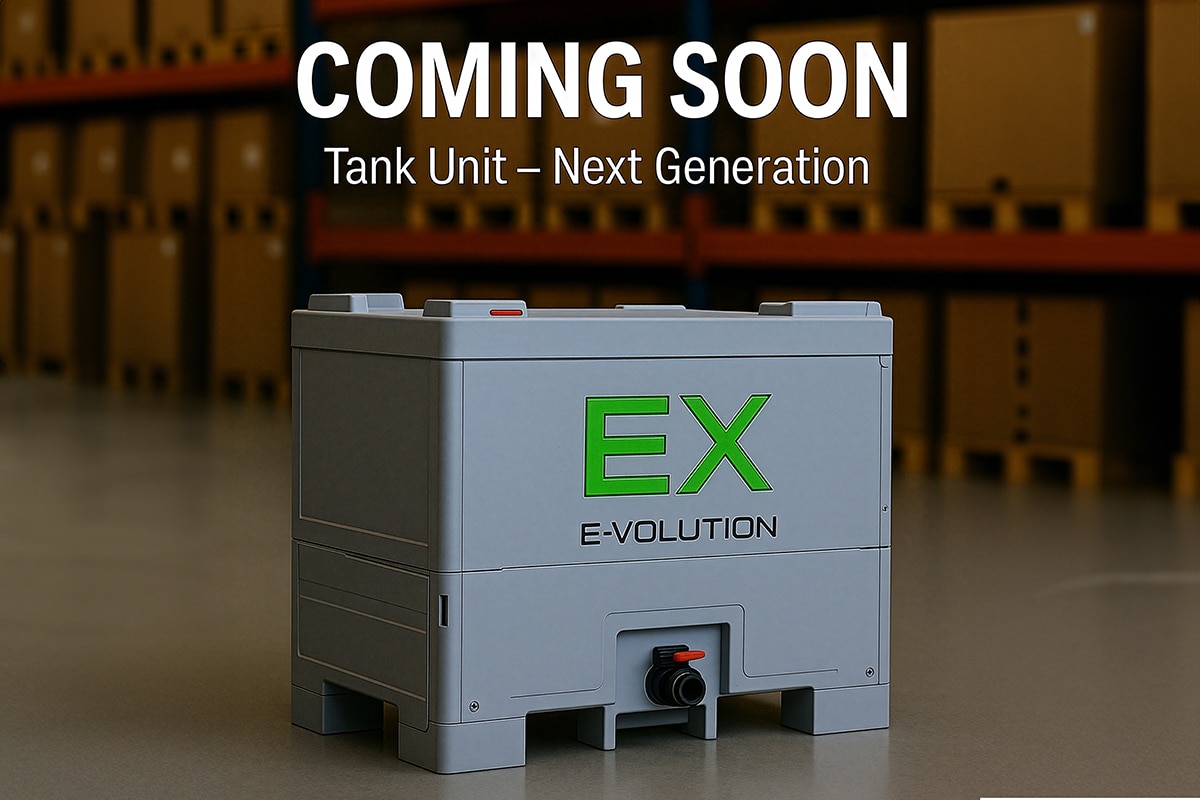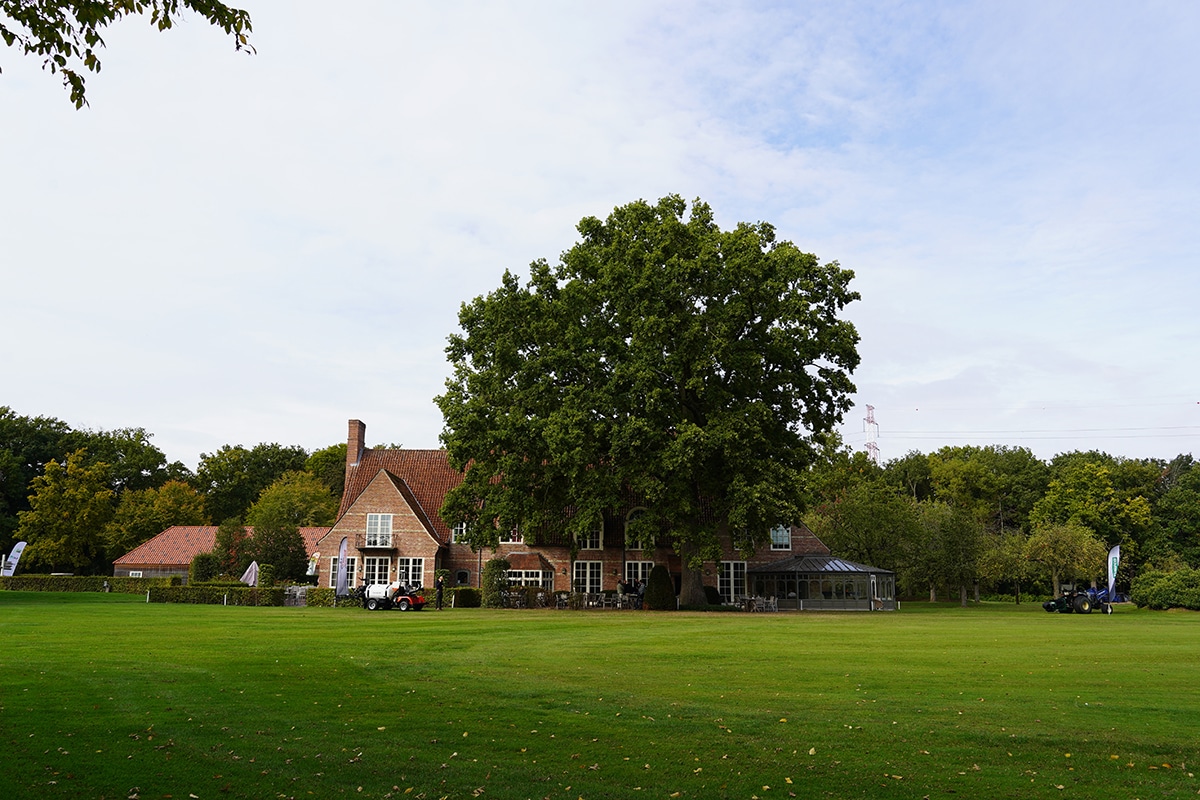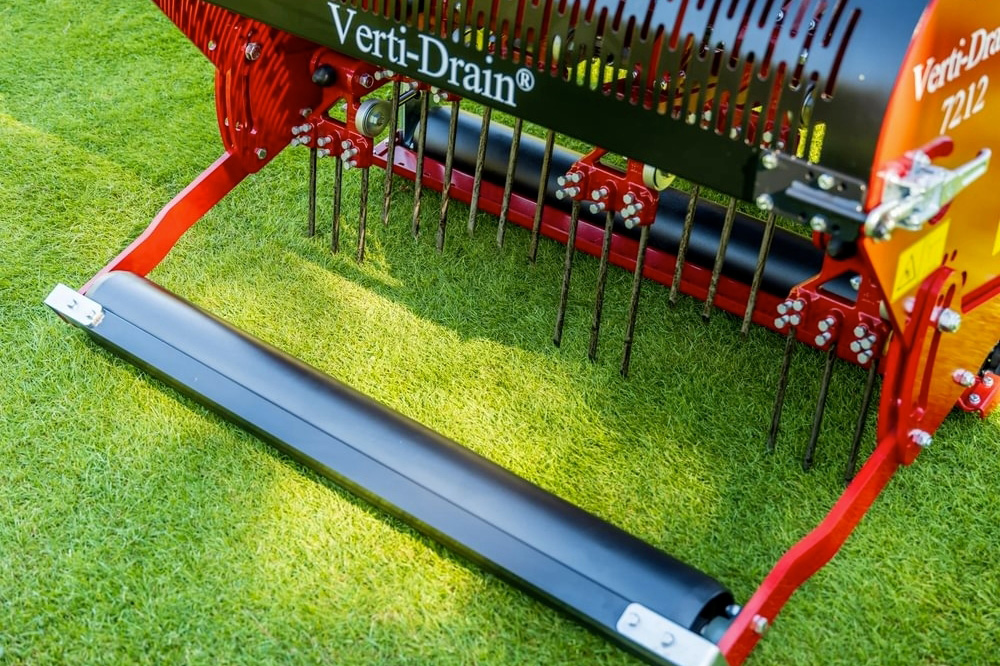
Selling produce from your vegetable garden: the obligations for your own business
Nowadays, we see more and more new forms of agriculture emerging. One such initiative includes an out-of-control (large) vegetable garden, whose harvest is sold. But can you just do that? What is involved in starting up a new activity? We discuss below what steps you need to take.
Starting up a business
As soon as you want to sell produce from your vegetable garden, you need to start a business. This means that you become a self-employed farmer or horticulturist in a secondary occupation. But what exactly does that entail?
To become self-employed in a secondary occupation, you must be at least 18 years old and have your civil rights. In addition, you must have a business management certificate if you start your business in Brussels or Wallonia. The Flemish Region has decided to abolish proving this knowledge when you register in the CBE (Kruispuntbank van Ondernemingen). But Flanders does advise starters to acquire this basic knowledge.
First, you are required to apply for a company number from the CBE. This applies to natural persons as well as to corporations. The choice of business office is free. If you opt for a company, you must first incorporate this company before you can be issued with a company number. Then you must file the deed of incorporation with the registry of the Commercial Court in the jurisdiction of the registered office of your company. This filing must be done within 15 days after the date of the deed of incorporation. After the filing, the clerk will enter the company's identification data into the CBE. The latter will then assign a company number to the company. Don't forget to report a change in your status to your health insurance fund.

What about VAT and social contributions?
Normally, you should also apply for a VAT number. In the case of the vegetable garden, you can opt for the special VAT scheme for agricultural entrepreneurs. This means that as an entrepreneur you are exempt from the VAT obligations that you would have under the normal regime such as issuing invoices, remitting VAT to the government and filling out periodic returns. You are not allowed to deduct the VAT charged by your suppliers, but you are reimbursed that VAT in the form of flat-rate offsets payable by your taxable customers.
In addition, you are required to join a social insurance fund and pay quarterly social security contributions. Unlike a self-employed person in a main occupation, as a self-employed person in a secondary occupation you do not build up any social rights of your own, such as family allowance, health care, sickness benefit and pension. If your annual income from your secondary occupation does not exceed EUR 1,553.57, you are exempt from the contributions. As a self-employed person with equivalent secondary occupation (Art. 37), your net annual taxable income may not exceed EUR 7,356.08. Every year it is checked whether you fulfilled the conditions of the secondary profession in the previous contribution year. First the National Institute for the Social Security of the Self-Employed (NSSO) checks this in an automated manner. The NSSO uses the data in the Crossroads Bank of Social Security for this purpose.
I will become a farmer, now what?
As a new farmer or horticulturist, you must apply for an agricultural number and an operation number from the Department of Agriculture and Fisheries. Every farmer must also submit an annual collection application. According to the Manure Decree, you are exempted from a manure bank declaration to the Flemish Land Company (VLM) if you run an agricultural or horticultural business in Flanders with, among other things, a smaller surface area than 2 ha, less than 50 ares of permanently covered agricultural land, and an annual manure production that is less than 300 kg of phosphate.
From the moment you sell fruits or vegetables, you must follow a number of rules to ensure food safety. Among other things, you must be vigilant when using plant protection products and biocides. The products must be approved for use in Belgium and used according to the instructions on the label: type of crop, dose, waiting period before harvest, etc. In addition, you must keep a usage register of the plant protection products and biocides you use. This includes the name of the product used, the date of application, on which crop, the dose used, the date of harvest or sale, etc. If you grow less than 50 ares of potatoes and standard fruit, less than 25 ares of low stem fruit or less than 10 ares of other plant products, you do not have to register with the FASFC. You are then also exempt from the annual contribution to the financing of the FASFC.
If you want to carry out an itinerant activity, i.e. selling products outside your own establishment, you need an authorization to carry out that activity. You must obtain this authorization or door card in advance from an enterprise counter of your choice. When you sell your products on your premises, you may also offer your products once at an event without a peddling card, for example at an annual neighborhood festival.




